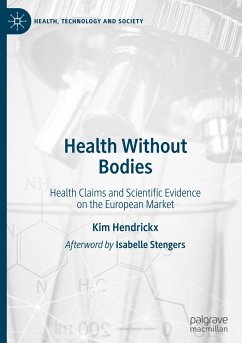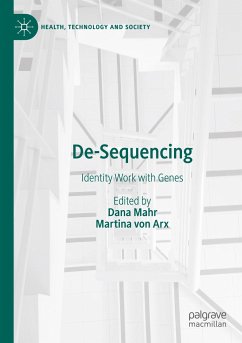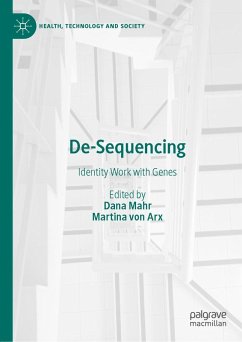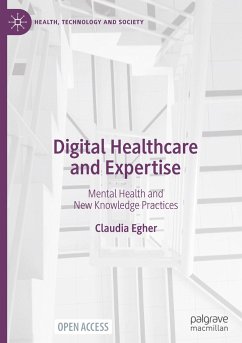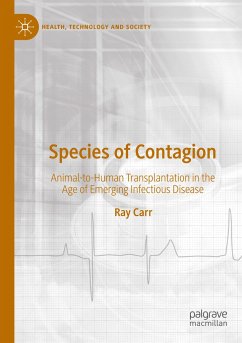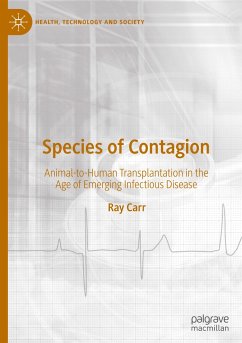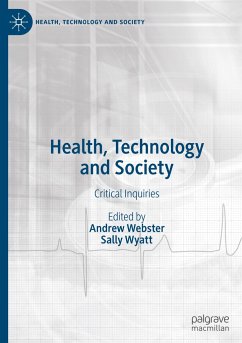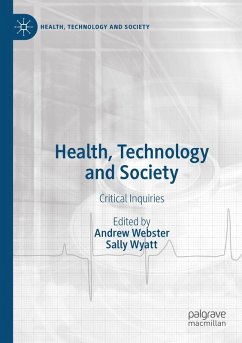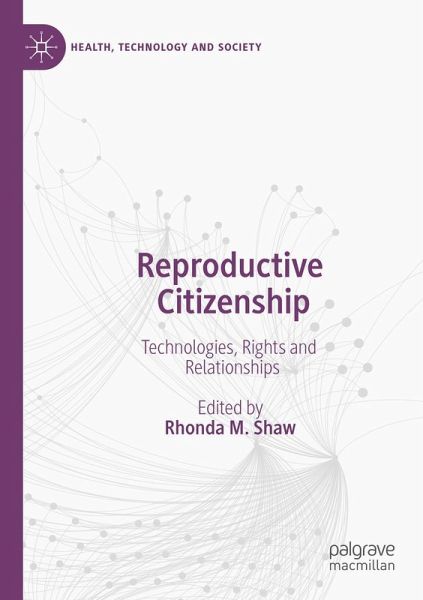
Reproductive Citizenship
Technologies, Rights and Relationships
Herausgegeben: Shaw, Rhonda M.
Versandkostenfrei!
Versandfertig in 6-10 Tagen
98,99 €
inkl. MwSt.

PAYBACK Punkte
49 °P sammeln!
This book addresses responses to the predicament of medical and social infertility. It draws on international research to examine the dimensions of reproductive citizenship in relation to decision-making about a range of issues: from fertility preservation and the desirability of family creation as a normative expectation of social participation, to how families manage and negotiate engagement with providers of reproductive materials and services around information disclosure and contact, and how they consider their social obligations and responsibilities in relation to the use of assisted rep...
This book addresses responses to the predicament of medical and social infertility. It draws on international research to examine the dimensions of reproductive citizenship in relation to decision-making about a range of issues: from fertility preservation and the desirability of family creation as a normative expectation of social participation, to how families manage and negotiate engagement with providers of reproductive materials and services around information disclosure and contact, and how they consider their social obligations and responsibilities in relation to the use of assisted reproductive technology (ART).






